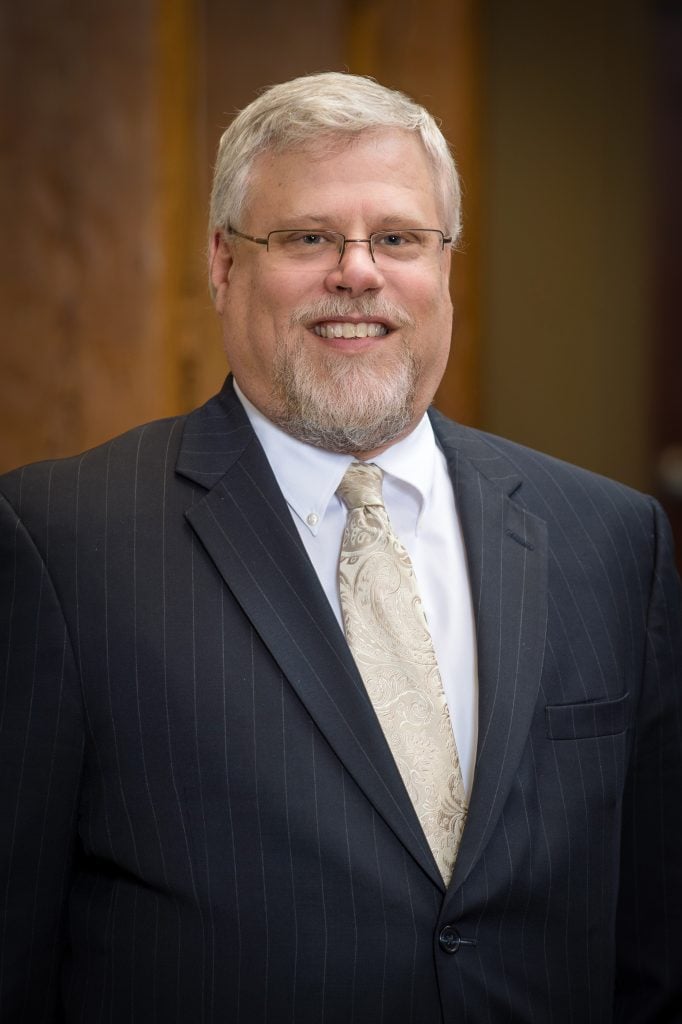
Illinois has long had one of the toughest eavesdropping laws in the union. With the proliferation of devices (like the ubiquitous cell phone) that are able to record conversations easily, the Illinois eavesdropping law is triggered far more often than most people ever realize. A recent Illinois Supreme Court decision, decided March 20, 2014, changes everything, and not the way you would expect.
The case arose when Annabel Melongo sought to correct a discrepancy in a court transcript made at her arraignment on criminal charges. She was frustrated as she spoke with the Cook County court reporters office about errors in the transcript, and she recorded three separate conversations with the supervisor of reporters who was not being responsive to her. When the supervisor discovered she had been recorded, criminal charges were filed under the Illinois eavesdropping statute against Annabel.
The eavesdropping statute prohibits the knowing and intentional recording of any conversation without the consent of all of the parties to the conversation (with some exceptions for criminal activity and the police). Annabel challenged the Illinois law. One might assume that, since the recording involved the court system, itself, that Annabel would have no chance at all, but that would be a bad assumption!
Although the challenge was made against the Cook County State’s Attorney’s office and involved the Cook County Supervisor of Reporters in a Cook County Court, the Cook County judge found that the Illinois Eavesdropping law is unconstitutional on its face. The case went up to the Illinois Supreme Court, and the Supreme Court agreed.
As an aside, I think it is that is important to note that the judiciary often does its job and “gets it right”, which is the hope of an independent judiciary. The purpose of an independent judiciary is to make judges immune from political leverage and, therefore, free to make the right decisions. While political influence does sometimes creep into the judiciary, the checks and balances often do work.
Lest anyone assume that the striking down of the Illinois Eavesdropping law creates an open season on surreptitious recordings, a little explanation should be given. The ruling was based on the fact that the Eavesdropping Law, as written, applied not only to purely private conversations, but also to conversations for which there is no reasonable expectation of privacy. The court basically found that recording conversations for which there is no reasonable expectation of privacy is really not eavesdropping. The Court gave these examples of “conversations” that are not private, but which would be considered criminal under the Law that was struck down: “a loud argument on the street, a political debate on a college quad, yelling fans at an athletic event, or any conversation loud enough that the speakers should expect to be heard by others.”
Essentially, the Court stated that “eavesdropping” is the recording of conversations when no one expects the conversations to go beyond the parties to the conversation. Recording of conversations that are clearly not private is not eavesdropping. Therefore, the recording of purely private conversations is still likely to be considered actionable, if not criminal in the future (assuming the Eavesdropping Law is rewritten in conformity with the Court’s ruling).
Further the Court criticized the failure of the law to distinguish between “open and surreptitious recording”. The law broadly prohibited any recording without the consent of all parties, even if the recording was open and obvious. According to the Court, open and obvious recordings of conversations should not be not be considered eavesdropping, even without consent.
Further, the court declared unconstitutional the prohibition against publishing (sharing) the content of a conversation that is not considered illegal eavesdropping.
The case leaves many unanswered questions, as all cases do. Courts do not have the authority to make law; they only have the authority to invalidate law that is unconstitutional. The State Legislature will, no doubt, run another version of the law up the proverbial flag pole.
While we wait for the law to be rewritten, some questions come to mind. Is it ok to record a public conversation surreptitiously? Or must any recording, even of a public conversation for which there is no expectation of privacy, by openly recorded? Is open and obvious recording of a private conversation ok? How does one prove it was open and obvious without consent? I suppose a declaration that the recording is being made is likely sufficient (as it was under the old law), but what if the person says she does not want to be recorded? Under the old law, the conversation could not be legally recorded; under the new law it seems that the recording would not be illegal, even without consent, as long as it is open and obvious. Again, how does one prove it was open and obvious if the person being recorded objects to the recording? If the device is politely put away, as if complying with the request not to be recorded, but the conversation is still recorded, is it illegal?
We will have to wait and see what the State Legislature does in light of the recent ruling. In the meantime, no one should be thinking that private conversations are fair game to be secretly recorded. The action of secretly recording a private conversation would still be actionable under the common law (case law) as a breach of the right of privacy with or without an eavesdropping law in place.

